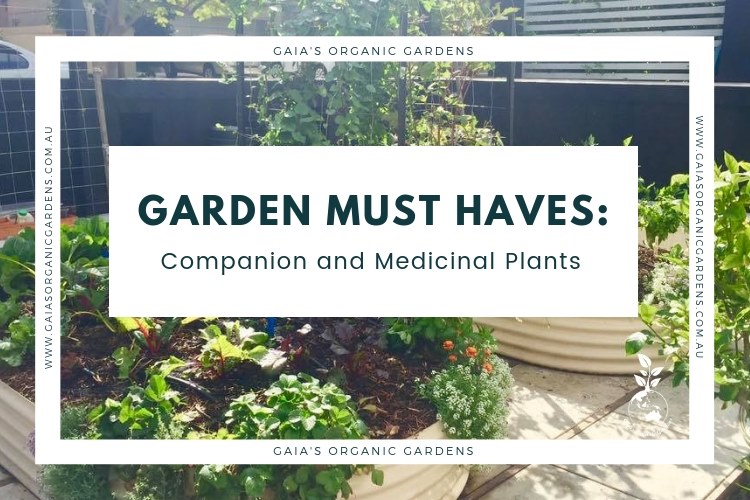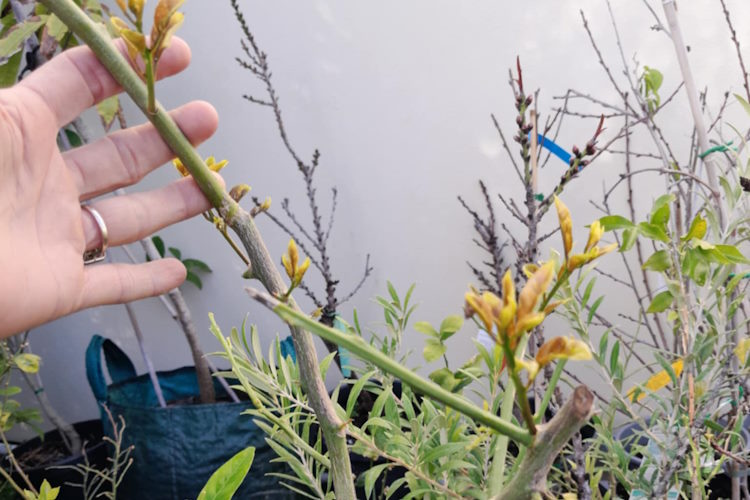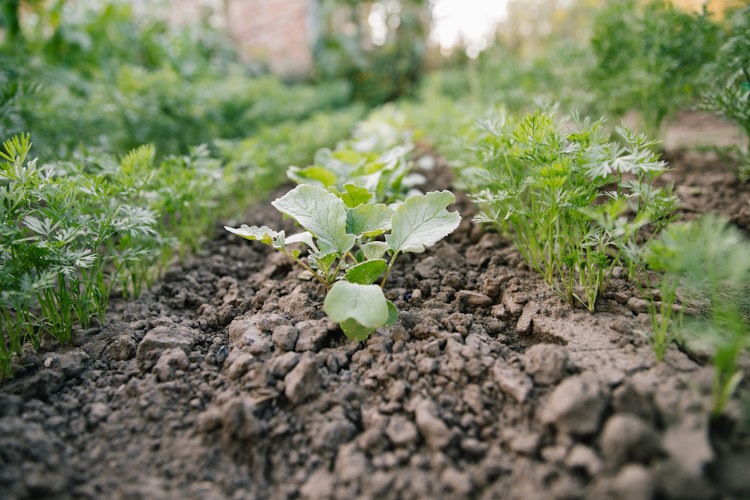Garden must haves: Companion & Medicinal Plants
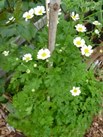
Fever few:
Companion plant, attracting many beneficial pollinators & deterring pest with via odour & white flowers.
Medicinal uses include a remedy for headaches, just crush leaves to make a poultice & apply to forehead underneath a damp cloth. Great in teas as a remedy for reducing fevers, arthritis & low spirits. Tea from the flowers can promote regular menstrual flow.
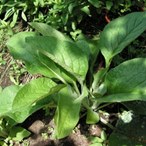
Comfrey:
Companion plant to improve microbial activity in the soil & accelerate composting action.
Medicinal uses include a very effective healing property towards minor wounds & internal problems such as bruising & fractures. Crush leaves & apply poultice directly to area, can be used underneath bandaging & strapping. Ointments or oils extract is excellent for skin conditions such as psoriasis, eczema & acne.

Chamomile (German):
Companion plant, attracting many beneficial pollinators & deterring pest with via odour & white flowers.
Medicinal uses include a tea elixir made from the dried flower heads to use for relaxation or sleeplessness. Also contains anti-inflammatory properties making it a remedy for swelling, arthritis & menstrual cramps.

Mint:
Companion plant attracting worms to the garden & deterring pests with is aroma.
Medicinal uses include digestive assistant. Great in teas, cooking & deserts for flavour. Mojitos!!!
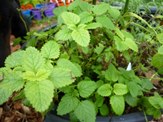
Lemon Balm:
Great herb so to have around outdoor seating areas as the crushed leaves deter mosquitos when rubbed on the skin, this poultice will also heal wounds & bites. A tea elixir can be used to treat feverish colds, headaches, menstrual cramps & stomach pains. Great in cool drinks, salads & deserts.
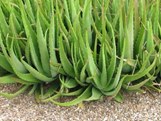
Aloe Vera:
A great root activator as it promotes cell regeneration.
The liquid flesh is an extremely effective remedy for sunburn & softening of the skin. Actually heals the skin on a cellular level by restoring damaged tissues, therefore reducing the likeliness of skin cancer.
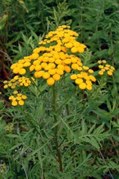
Tansy:
Companion plant, attracting many beneficial pollinators & deterring pest with via odour & yellow flowers.
Medicinally a tea will expel intestinal worms, regulate menstrual cycles. The dried leaves are an effective insect repellent.
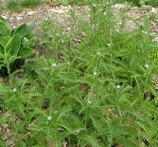
Yarrow:
Companion plant to improve microbial activity in the soil & accelerate composting action.
Medicinally is known as bit of a “heal all”. Tea elixir from the flower heads can reduce fever & stimulate the appetite. Tea from the plant can be used as an anti-inflammatory. Poultice of whole plant can be applied to wounds & cuts.

Sage:
Companion plant, attracting many beneficial pollinators & deterring pest with via odour & blue flowers.
Medicinally can help to regulate excessive sweat & relieve gas pains. Main use as a culinary herb an absolute must for any kitchen.

Lavender:
Companion plant, attracting many beneficial pollinators & deterring pest with via odour & purple flowers.
Edible flowers can be used in cooking & deserts. Lavender has many craft uses & can be hung around the home as potpourri or placed in the bath for relaxation. Lavender water can be a great cosmetic & fragrant item.

Rosemary:
Companion plant, attracting many beneficial pollinators & deterring pest with via odour & white flowers.
An absolute must for any kitchen with its many uses for cooking. Rosemary tea will enhance circulation & increase memory, and is great in times of stress or study. Rosemary water is a lovely hair tonic & it has several beauty and craft uses.

